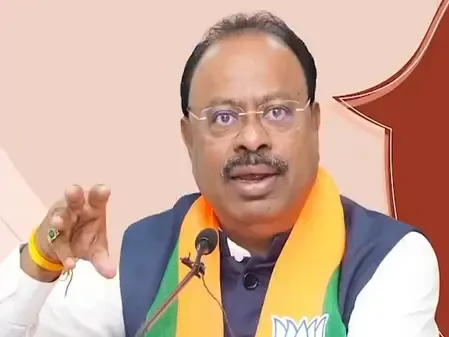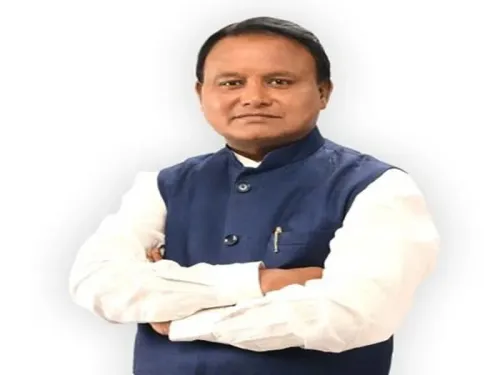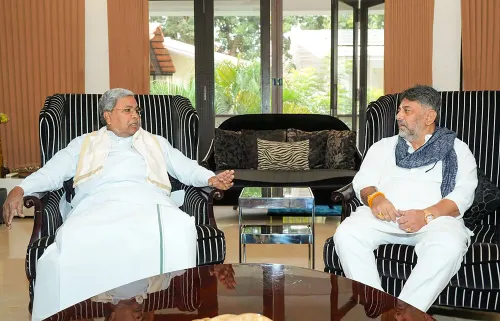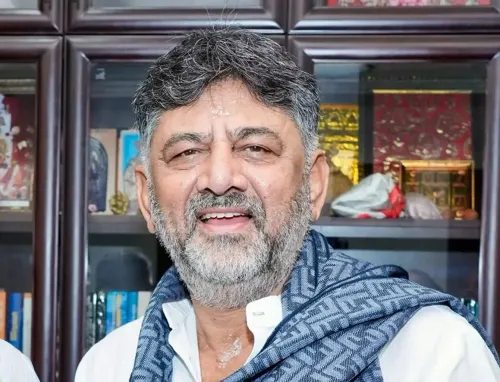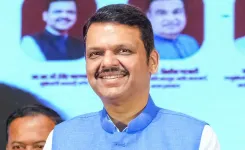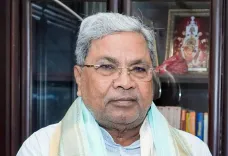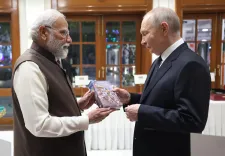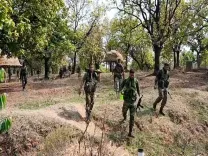Is AIMIM Ready to Contest Alone if Excluded from the Grand Alliance in Bihar?
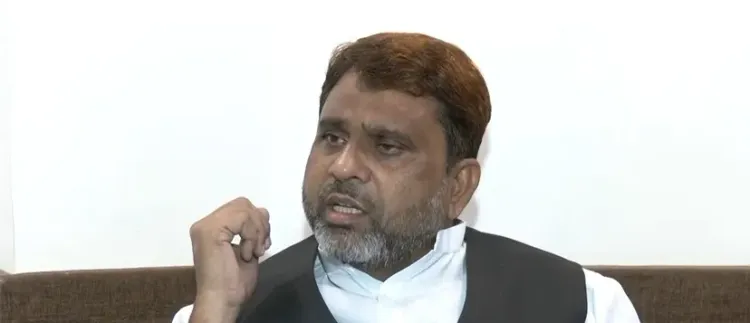
Synopsis
Key Takeaways
- AIMIM is prepared to contest independently if not included in the Grand Alliance.
- Concerns about democracy and secularism in Bihar are paramount.
- Electoral roll revisions may unfairly target marginalized voters.
- Iman emphasizes the need for unity to combat communal forces.
- Upcoming elections could see significant changes in voter representation.
New Delhi, July 7 (NationPress) As political activity escalates in anticipation of the 2025 Bihar Assembly elections, AIMIM's state unit President Akhtarul Iman declared on Monday that while his party is amenable to joining the Grand Alliance (Mahagathbandhan), it stands ready to contest independently if left out.
This declaration follows AIMIM President Asaduddin Owaisi showing interest in collaborating with the opposition coalition to challenge the ruling BJP-led NDA in Bihar. However, the Grand Alliance's response has been tepid thus far.
RJD MP Manoj Jha recently suggested that AIMIM should refrain from electoral participation and instead provide 'in-principle' support to the Mahagathbandhan. Notably, key alliance leaders Lalu Prasad Yadav and Tejashwi Yadav have yet to respond.
In an interview with IANS, Iman stressed that AIMIM's desire to join the alliance arises from a broader concern for democracy and secularism in Bihar.
“During the last Bihar elections, we expressed our intention to form a larger coalition. No single party in Bihar can defeat communal forces alone,” Iman asserted.
“Seeking unity is not a sign of weakness; it demonstrates our generosity. We have already secured five seats and can contest independently. However, for the welfare of Bihar's populace, for secularism and law and order, we are open to collaboration. Democracy is in decline. Business owners are being murdered openly, women face insecurity, and mob lynchings are prevalent. It is imperative to unite against these adversities.”
Responding to Manoj Jha's suggestion that AIMIM should not participate in the elections, Iman remarked, “If Manoj Jha wishes to offer advice, he can do so as a professor. Being an MP is not necessary for that. We haven't communicated with him; we reached out to Lalu Prasad Yadav, who, along with Tejashwi Yadav, has the authority to decide on alliance matters. I don’t recognize others as authorized to address this issue and prefer not to elaborate further.”
Iman also addressed the ongoing controversy surrounding the Special Intensive Revision (SIR) of electoral rolls in Bihar. This process, overseen by the Election Commission of India (ECI), has faced severe criticism from the opposition, including Congress, which alleges that it is a tactic by the BJP to disenfranchise marginalized voters.
AIMIM echoed these concerns, warning that the revision process could disproportionately affect the underprivileged and less educated.
“This entire operation seems orchestrated by the BJP during election time, which poses a significant threat,” Iman stated.
“It’s akin to the ECI issuing a ‘Tughlaqi Farman’—an arbitrary directive made without grasping ground realities.”
He challenged the ECI's request for documentation such as birth certificates from individuals born before 1987, and parental birth certificates for those born after 2004.
“In Bihar, civil registration is notably poor. Only 2 percent of individuals possess passports. Many lack education, and requesting these documents mere months before elections is impractical. People may have misplaced their documents, leading to disenfranchisement,” he expressed.
The final voter list is scheduled for publication in August, while the Assembly elections are set for November. Iman fears that thousands may be excluded from the rolls by then.
“In the name of cleansing the voter list, they are essentially robbing the people of Bihar of their fundamental voting rights,” he concluded.


